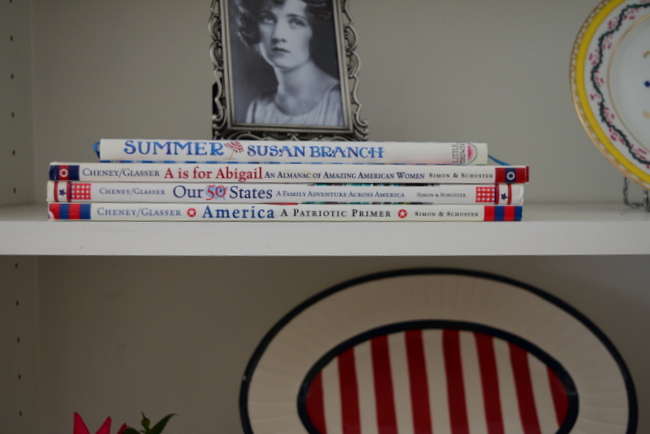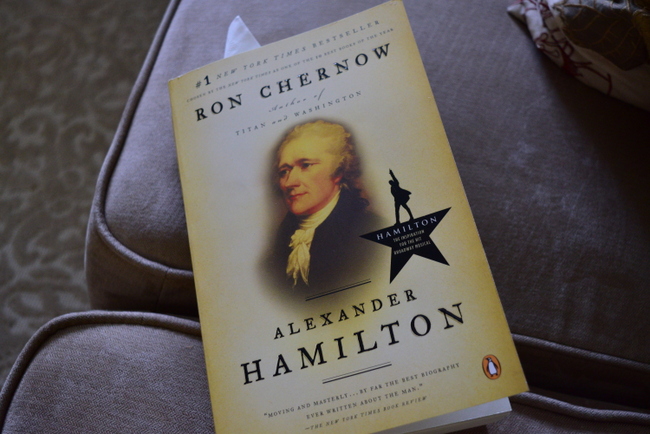I’ve spent a year reading the writings of C.S. Lewis not realizing that it was the 50th anniversary of his death on November 22. I have collected many quotes. There are fundamental differences in his theology and mine, but his insights into human nature are honest and enlightening. I like his words about God’s love and methods of perfecting his children.
Here are a few quotes that I have enjoyed in my study this year:
…on wasting time and energy on things of little worth:
“The Christians describe the Enemy as one ‘without whom Nothing is strong’. Nothing is very strong: Strong enough to steal away a man’s best years not in sweet sins but in a dreary flickering of the mind over it knows not what and knows not why, in the gratification of curiosities so feeble that the man is only half aware of them, in drumming of fingers and kicking of heels, in whistling tunes he does not like, or in the long, dim labyrinth of reveries that have not even lust or ambition to give them a relish, but which, once chance association has started them, the creature is too weak and fuddled to shake off.” –The Screwtape Letters
…on forgetting to count our blessings:
“We want a whole race perpetually in pursuit of the rainbow’s end, never honest, not kind, nor happy now but always using as mere fuel wherewith to heap the altar of the future every real gift which is offered them in the present.” –The Screwtape Letters
…on free will:
“The sin, both of men and angels, was rendered possible by the fact that God gave them free will: thus surrendering a portion of His omnipotence …because He saw that from a world of free creatures, even though they fell, He could work out… a deeper happiness and fuller splendour than any world of automata would admit. –Miracles
…on mourning and remembering a loved one:
“For, as I have discovered, passionate grief does not link us with the dead but cuts us off from them. This becomes clearer and clearer. It is just at those moments when I feel least sorrow… that H. rushes upon my mind in her full reality, her otherness. Not, as in my worst moments, all foreshortened and patheticized and solemnized by my miseries, but as she is in her own right.” –A Grief Observed
“I will turn to her as often as possible in gladness. I will even salute her with a laugh. The less I mourn her the nearer I seem to her.” –A Grief Observed
…on our unanswered questions:
“Can a mortal ask questions which God finds unanswerable? Quite easily, I should think. All nonsensical questions are unanswerable. How many hours are there in a mile? Is yellow square or round? Probably half the questions we ask–half our great theological and metaphysical problems– are like that.” –A Grief Observed
“Heaven will solve our problems, but not, I think, by showing us subtle reconciliations between all our apparently contradictory notions. The notions will all be knocked from under our feet. We shall see that there never was any problem.” –A Grief Observed
…on reading:
“The great thing is to be always reading, but not to get bored–treat it not like work, more as a vice! Your book bill ought to be your biggest extravagance.” -quoted in CS Lewis, A Biography by Roger Lancelyn Green and Walter Hooper
…on God’s love for us:
“The great thing to remember is that, though our feelings come and go, His love for us does not. It is not wearied by our sins, or our indifference; and, therefore, it is quite relentless in its determination that we should be cured of those sins, at whatever cost to us, at whatever cost to Him.” –Mere Christianity
…and a reminder on how to reflect God’s light:
“He [God] shows much more of Himself to some people than to others–not because he has favorites, but because it is impossible for Him to show Himself to a man whose whole mind and character are in the wrong condition. Just as sunlight, though it has no favorites, cannot be reflected in a dusty mirror as clearly as in a clean one.” –Mere Christianity
…and about the word “Christian”:
“if at once we allow people to start spiritualizing and refining, or as they might say ‘deepening’, the sense of the word Christian it too will speedily become a useless word. In the first place, Christians themselves will never be able to apply it to anyone. It is not for us to say who, in the deepest sense, is or is not close to the spirit of Christ. We do not see into men’s hearts. We cannot judge, and indeed are forbidden to judge. It would be wicked arrogance for us to say that man is, or is not, a Christian in this refined sense… as for unbelievers, they will no doubt cheerfully use the word in the refined sense. It will become in their mouths simply a term of praise. In calling anyone a Christian they will mean that they think him a good man. But that way of using the word will be no enrichment of the language, for we already have the word good. Meanwhile, the word Christian will have been spoiled for any real useful purpose it might have served.” –Mere Christianity
…and finally, why we should seek Christ:
“Look for yourself, and you will find in the long run only hatred, loneliness, despair, rage, ruin, and decay. But look for Christ and you will find Him, and with Him, everything else thrown in.” –Mere Christianity



 Flag Day is the inauguration of summer for me. It reminds me that it is time to put out my red, white, and blue plates on the shelves, and fill my containers with flags and flowers. It is a heavy reminder that June is almost half over. (Don’t waste your summer, Angie!) Richard has been gone quite a bit on Scout camp outs and trips to buy four wheelers, so I updated our living room while he was away.
Flag Day is the inauguration of summer for me. It reminds me that it is time to put out my red, white, and blue plates on the shelves, and fill my containers with flags and flowers. It is a heavy reminder that June is almost half over. (Don’t waste your summer, Angie!) Richard has been gone quite a bit on Scout camp outs and trips to buy four wheelers, so I updated our living room while he was away. There are many summer projects. For Family Home Evening on Monday, we read Luke 2:52, “And Jesus increased in wisdom and stature, and in favour with God and man.” Each of us made summer goals in the same four areas: wisdom, stature, in favor with God, and in favor with man.
There are many summer projects. For Family Home Evening on Monday, we read Luke 2:52, “And Jesus increased in wisdom and stature, and in favour with God and man.” Each of us made summer goals in the same four areas: wisdom, stature, in favor with God, and in favor with man.



